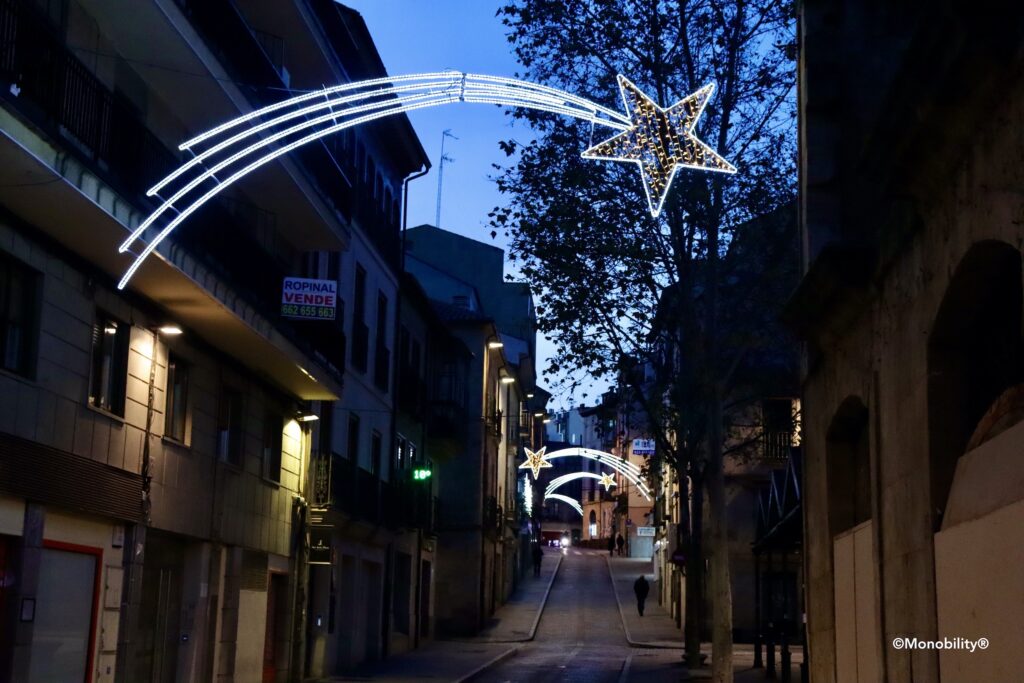When I was little, my father took us out to the 북악산 Bugaksan Mountain to watch the sunrise on New Year’s day almost every year. If I remember correctly, I was not so happy about the annual boy scout ritual simply because I was too sleepy and had a hard time waking up at 5 AM in the morning.
Time passed, and I “grew up.” This morning I could not wait to get out to the Atlantic ocean and watch the rise of the first Sun in the year 2023 from Santander, Spain. It was magnificent. And I regret I was not the most cooperating child to my father. So sorry, Dad. Now I understand what you tried to say to us. It was your way of saying “Happy New Year!”
The Korean way of saying “Happy New Year!” is “새해 복 많이 받으세요!” No matter what year you are in, its literal meaning is “Please receive a lot of luck in the New Year!”
새해 New Year [ 새 = new; 해 = year ]
복 fortune, luck
많이 a lot, much [ 많다 to be much/many; 많이 adverb form of 많다 = a lot ]
받으세요 Please receive! [ 받다 to receive; (verb)-(으)세요 polite command;
if the verb stem ends with a consonant, “으” is inserted before -세요 ]
- 오세요 Please come. [ 오다 to come => 오-세요 ]
- 가세요 Please go. [ 가다 to go => 가-세요 ]
- 앉으세요 Take a seat, please. [ 앉다 to sit => 앉-으-세요 ]
This year, I should tell you more about 복, which is often translated as “fortune” or “luck”. But the Korean word 복 has a broader meaning than just a one-time “good luck.” It is rather longer-term happiness. In Korean, 복(福) means unexpectedly good and satisfactory things or events that you can enjoy in your ENTIRE LIFE or the happiness that you would get from such things. Consequently, there are many kinds of such “복” in each individual’s destiny throughout his or her life. And Koreans use the word in conjunction with specific items that are enjoyed or wished for in their life. For example,
- 일복 happiness from having jobs or work to do all the time in one’s life. [ 일 work, job ]
- 내가 일복이 터져서 언제나 할 일이 많아 Work is my destiny, so I always have a lot of work to do. [ Note that Koreans often say “터지다 to explode” together with any kind of abundant “복.” Literally, it means “My work luck is exploding.” ]
- 인복 luck with other people who are always helping you. [ 인(人) person, human ]
- 먹을 복 luck with eating good food all the time, wherever you go. [먹다 to eat; 먹을 (verb stem)-을 relative clause ending, future tense ]
- 재복 luck with money, wealth, being rich, i.e., good fortune. [ 재(財) wealth, material goods ]
- 여복 luck with having beautiful women around. [ 여/녀(女) woman ]
- 처복 luck with having a good wife. [ 처(妻) wife ]
- 남편 복 luck with having a good husband. [ 남편 husband ]
- 자식 복 luck with having good children. [ 자식 children ]
- 부모 복 luck with having good parents. [ 부모 parents ]
- 관복 luck with power by taking a high-level public office. [ 관(官) government official (high-ranking public servant) ]
On a more classical side, there are five fortunes 오복(五福) that Korean aristocrats traditionally believed to be the source of the ultimate happiness in life, based on the Confucianist classic 서경(書經, Book of Documents) from ancient China. They are:
- 수(壽) a long life; longevity.
- 부(富) wealth = 재복 as above.
- 강녕(康寧) good health, physical and mental/psychological.
- 유호덕(攸好德) love of a virtuous lifestyle, helping and doing good to others.
- 고종명(考終命) living up to one’s allotted full lifespan and dying peacefully.
모노블 여러분, 새해 복 많이 받으세요! 2023년에는 온갖 종류의 한국식 복을 누리시기 바랍니다! ^^ Dear Monobles, Happy New Year! I wish you all kinds of Korean luck in the year 2023! ^^
Join Monobility® for much more:



